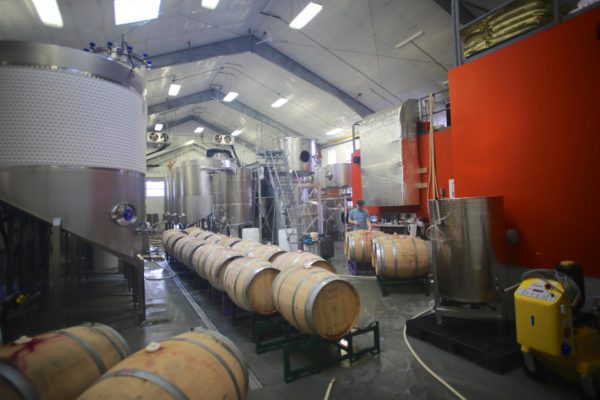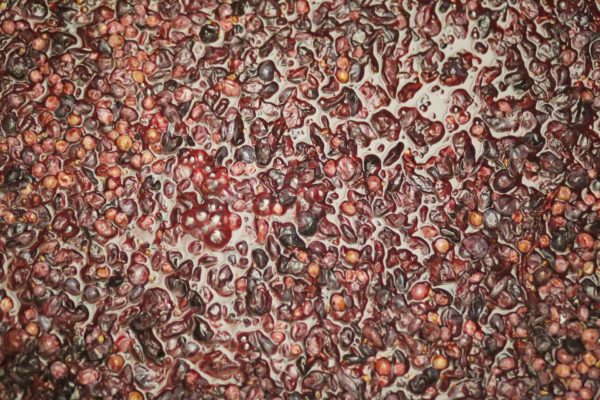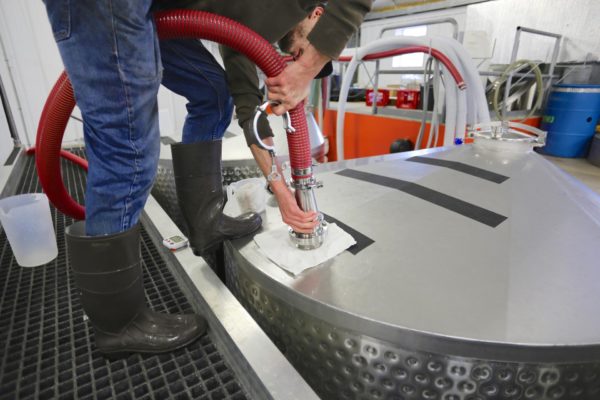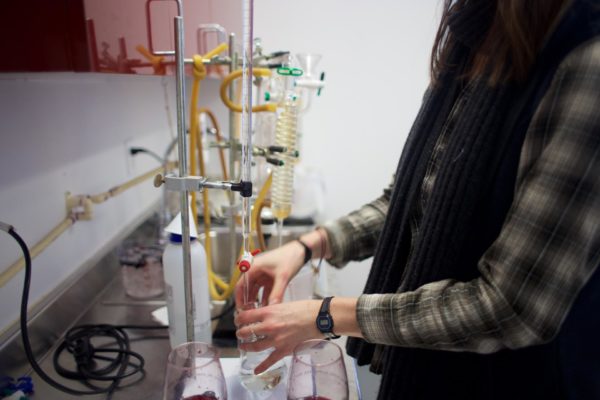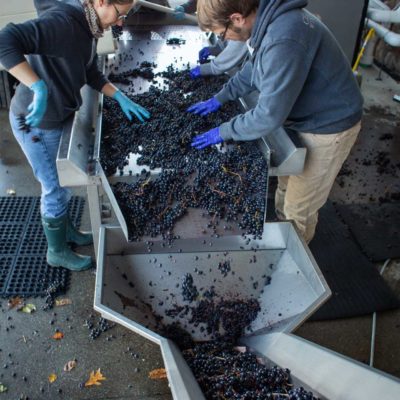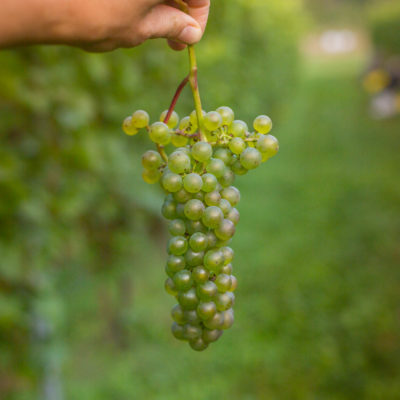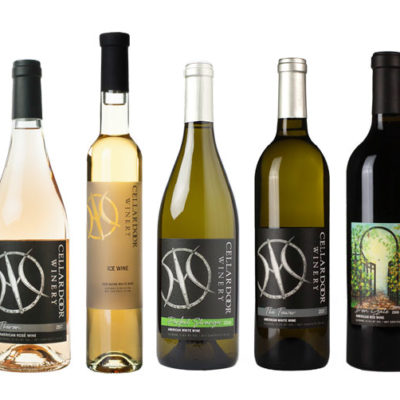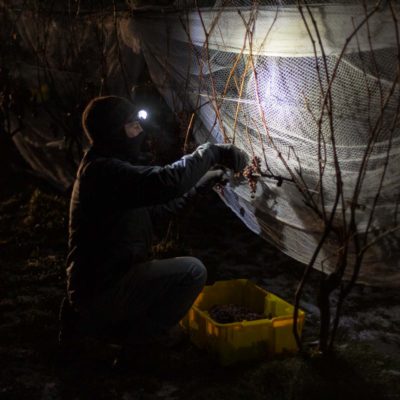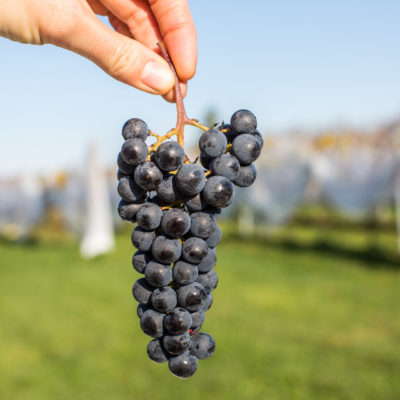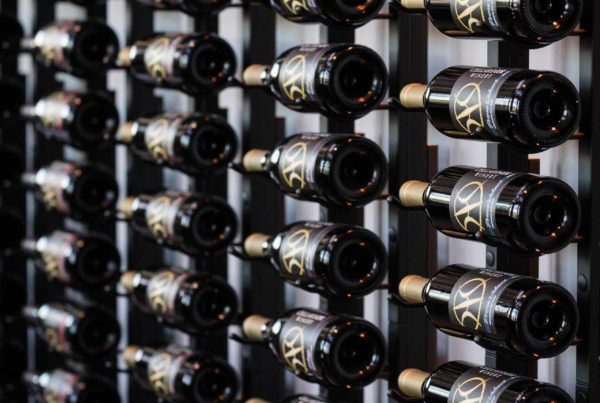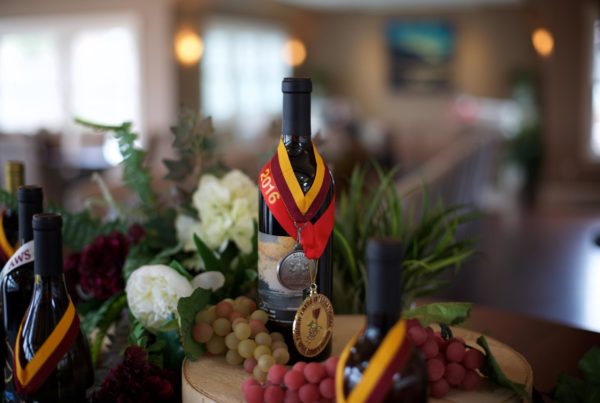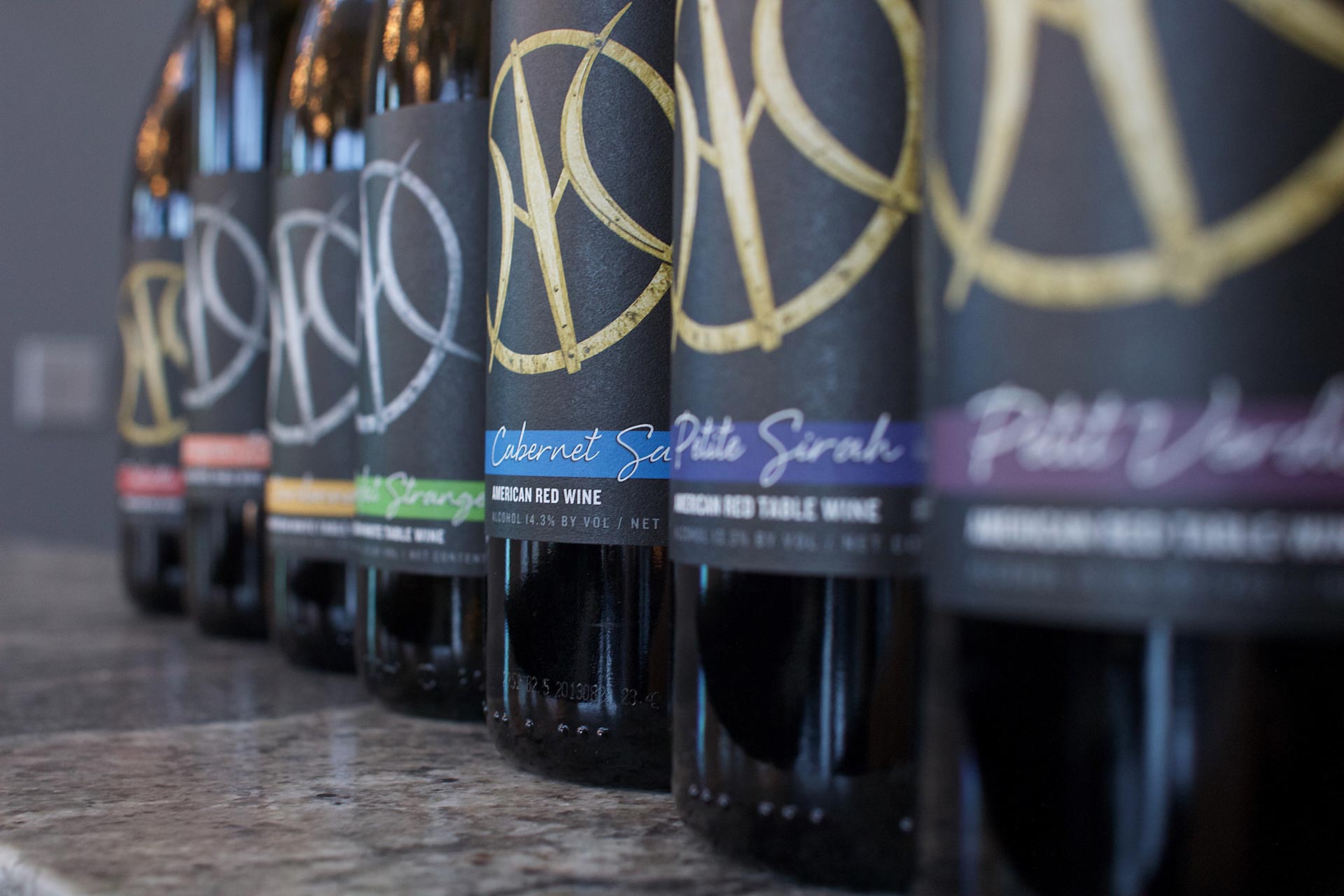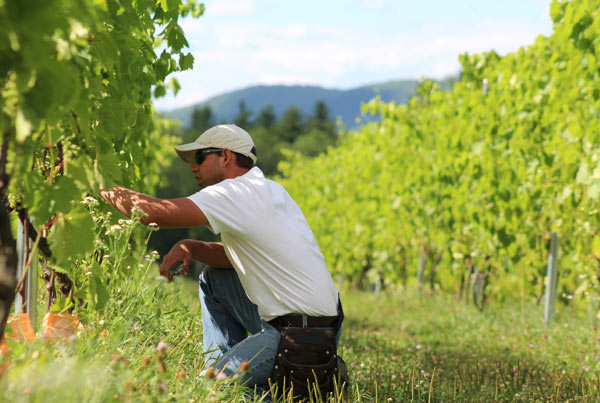Philosophy
As New England’s premier winery destination, our winemaking philosophy is simple: make wines we are proud of and guests enjoy.
Daring to be different
To do so, we must dare to be different. In an industry that clings to tradition and conformity, at Cellardoor we don’t fear change—we embrace it. Whether by incorporating new production technologies, planting a newly developed cold-hardy grapevine, or crafting an unusual blend, we are comfortable living on the edge of the wine world—both figuratively and literally.
Quality Fruit
With that in mind, we source grapes from vineyards in California, Washington, New York, and even right from our own backyard. Be it from our own vineyard or those that we source from, all of the grapes that go into our wines are hand-picked and thoughtfully guided through every step of the winemaking process by some of the most hard working, dedicated people in the industry.
State of the art Winery
Every bottle that dons our historic hobo symbol is produced in a state-of-the-art winemaking facility in Lincolnville, Maine. From our custom sloped tanks, advanced lab-ware, pneumatic press, gentle pumps, and a portable steam generator we use to sanitize instead of harsh cleaning chemicals, we make every effort to improve wine quality and reduce our impact on the environment. Since all water used in our facility is from our property’s own natural mountain spring, we were the first in the state to implement an innovative water filtration system that allows us to sustainably return clean water back to the ground supply. Even the winemaking facility itself is built into a mountain hillside to help regulate temperature and humidity in our barrel aging rooms.
Crafting Great Wines
My late mentor, and Washington state wine pioneer Stan Clarke, once argued that a winemaker’s artistry and technique has a far greater impact on wine quality than the highly marketed concept of ‘terroir.’ That was a message I took to heart and fits perfectly with the artistic, boutique approach we apply to our winemaking at Cellardoor. In fact, having the freedom to work with multiple vineyards from all over the country ultimately gives us the opportunity to craft great wines that are both distinctly Maine-made and uniquely American.

